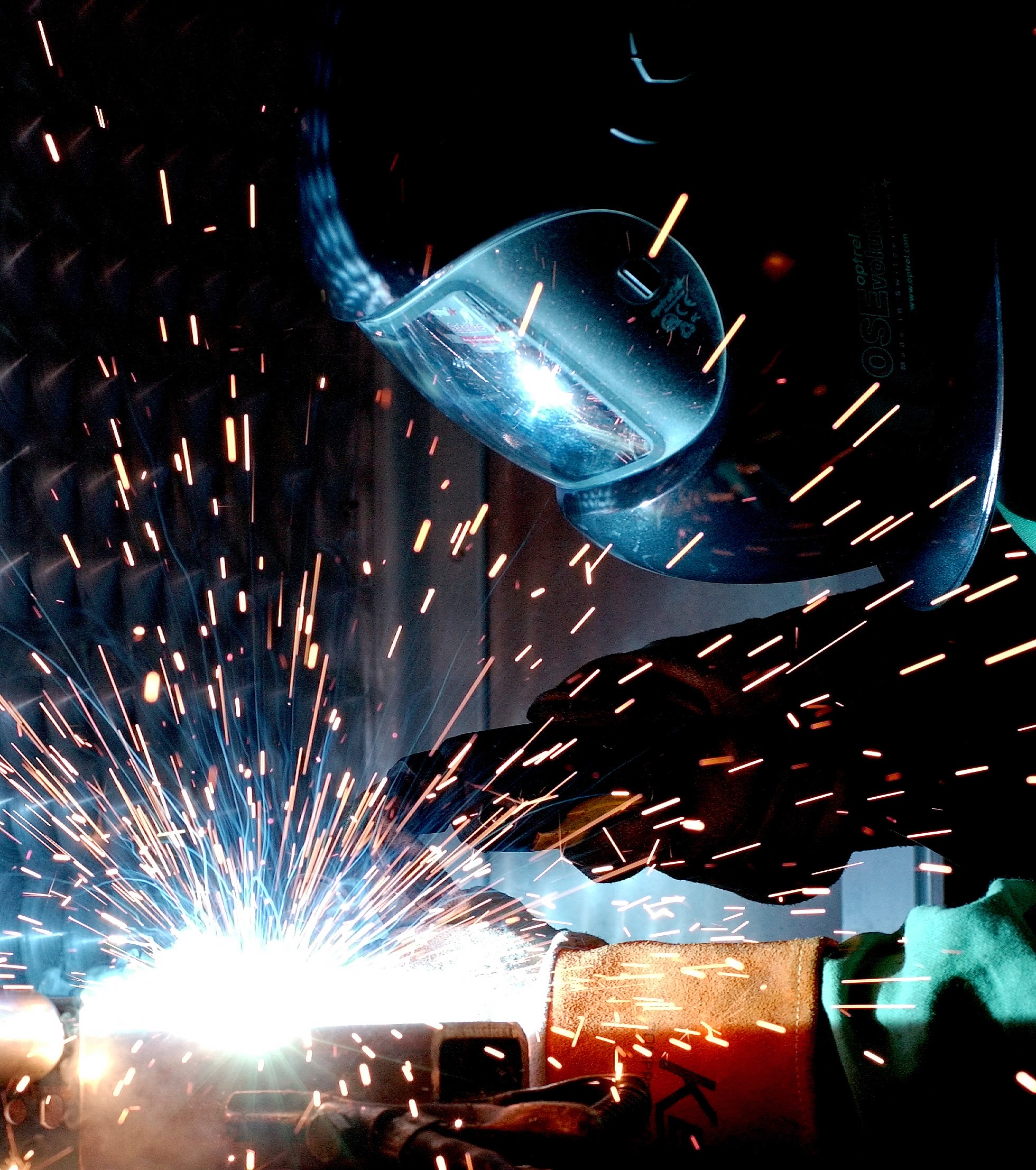Looking to protect your interests in manufacturing contracts? Look no further! In this article, we’ll provide you with valuable insights and guidance to ensure you’re well-informed and confident when it comes to negotiating and signing manufacturing contracts. Whether you’re a small business owner or a seasoned entrepreneur, we understand the common legal concerns that may arise in these contracts, and we’re here to address them directly. With our expert advice and emotional support, you can navigate the complexities of manufacturing contracts with ease. So why wait? Take the next step and give us a call today to speak with one of our experienced attorneys. Your peace of mind is just a phone call away.
What are Manufacturing Contracts?
Manufacturing contracts are legal agreements between a manufacturer and another party, typically a client or customer, that outline the terms and conditions of the manufacturing process. These contracts serve as a framework for the production and delivery of goods or services, ensuring that both parties are aligned on various aspects such as pricing, quality control, intellectual property rights, and timelines.
Manufacturing contracts are essential for establishing a clear understanding between the manufacturer and their client or customer. They provide a level of assurance and accountability, protecting the interests of both parties involved in the manufacturing process.

Types of Manufacturing Contracts
There are several types of manufacturing contracts, each catering to specific needs and circumstances. Let’s explore some of the most common types:
1. Supply Agreements
Supply agreements are contracts between a manufacturer and a client where the manufacturer agrees to supply certain products or components to the client. These agreements often outline the quantity, quality standards, pricing, and logistical aspects of the supply. Supply agreements are commonly used in industries such as automotive, electronics, and retail.
2. Original Equipment Manufacturing (OEM) Agreements
OEM agreements involve a manufacturer producing goods based on the client’s specifications and branding. In this type of contract, the manufacturer acts as a subcontractor and manufactures the products on behalf of the client. The client then sells the goods under their own brand name. OEM agreements are prevalent in industries like consumer electronics and automobile manufacturing.
3. Manufacturing Service Agreements
Manufacturing service agreements cover the provision of specific manufacturing services instead of physical products. These contracts define the scope of work, the services to be provided, and the terms of compensation. Manufacturing service agreements are commonly used in industries such as pharmaceuticals, cosmetics, and food processing.
4. Licensing Agreements
Licensing agreements grant the licensee the right to use the intellectual property of the licensor, such as patents, trademarks, or copyrights, for manufacturing purposes. These contracts define the terms of use, royalty payments, and any restrictions or limitations on the licensed technology. Licensing agreements are crucial in industries where intellectual property plays a significant role, such as technology and pharmaceuticals.
5. Joint Venture Agreements
Joint venture agreements are contracts between two or more entities that come together to form a new entity or collaborate on a specific manufacturing project. These agreements outline the responsibilities, profit-sharing arrangements, decision-making processes, and exit strategies for the joint venture. Joint venture agreements are common in industries that require large-scale investments or specialized expertise.
6. Research and Development (R&D) Agreements
R&D agreements define the collaboration between a manufacturer and another party in developing new products or improving existing ones. These contracts outline the roles, responsibilities, intellectual property ownership, funding, and sharing of research outcomes. R&D agreements are crucial for industries that heavily rely on innovation and technology advancement.
Important Clauses and Considerations
When drafting or reviewing a manufacturing contract, there are several important clauses and considerations to keep in mind. These clauses help ensure that the contract is fair, balanced, and provides adequate protection for both parties. Here are some key clauses to consider:
1. Scope of Work and Specifications
Clearly defining the scope of work and specifications is crucial to avoid misunderstandings. This includes detailing the exact product or service to be delivered, quality standards, performance expectations, and any specific requirements.
2. Pricing and Payment Terms
The contract should specify the pricing structure, including the cost of manufacturing, any additional fees, and the payment terms agreed upon. It is important to establish clear payment milestones and deadlines to avoid disputes.
3. Intellectual Property Rights
Addressing intellectual property rights is essential to protect the interests of both parties. The contract should clearly define who owns the intellectual property developed during the manufacturing process and whether any licensing arrangements are required.
4. Quality Control and Inspection
Including provisions for quality control and inspection helps ensure that the manufactured products meet the required standards. This may involve specifying the testing procedures, acceptance criteria, and any remedies or penalties for non-compliance.
5. Confidentiality and Non-Disclosure
Confidentiality and non-disclosure clauses help safeguard sensitive information shared during the manufacturing process. These clauses prevent the unauthorized use, disclosure, or dissemination of trade secrets or proprietary information.
6. Termination and Dispute Resolution
Including provisions for termination of the contract and methods of resolving disputes is essential. This may involve outlining the circumstances under which either party can terminate the agreement and the procedures for dispute resolution, such as mediation, arbitration, or litigation.

Conclusion
Manufacturing contracts play a crucial role in ensuring a smooth and mutually beneficial relationship between manufacturers and their clients or customers. By outlining the terms and conditions of the manufacturing process, these contracts provide clarity, protection, and accountability.
When entering into a manufacturing contract, it is important to carefully consider the type of contract that best suits your needs and to include key clauses that address important concerns. Consulting with a qualified attorney who specializes in manufacturing contracts can provide invaluable guidance and assistance throughout the contract negotiation and drafting process.
Remember, manufacturing contracts serve as a foundation for successful collaborations, and seeking professional legal advice ensures that your rights and interests are properly safeguarded.